
Video games sometimes tread the same path as movies and television, continually revisiting concepts until they are exhausted. This trend is particularly evident in the gaming industry with numerous spin-offs, some of which have successfully captivated audiences, while others simply should not have seen the light of day.
These unnecessary spin-offs often take the form of sequels that feel entirely unwarranted or feature minor characters that fans are hardly clamoring to learn more about. Such experiences can lead to negative sentiments surrounding an entire franchise, overshadowing the original games that might have sparked initial interest.
Let’s explore notable games that extended their stories beyond a satisfying singular entry, opting instead for spin-offs that left fans bewildered rather than enthralled.
8 Shadow The Hedgehog
Isn’t He Cool, Kids?

The mid-2000s marked a peculiar era in gaming characterized by a push toward darker aesthetics. Sega sought to capitalize on this trend by giving the edgy character Shadow the Hedgehog his own spin-off. Unfortunately, this departure from Sonic’s classic gameplay introduced elements like firearms, stripping away the charm that made Sonic so appealing.
The narrative surrounding Shadow’s origins was presented with a level of seriousness that felt out of place. While gameplay could be described as decent, the overall experience left many questioning why this game was even conceived, a sentiment echoed in its lackluster sales performance.
7 Mortal Kombat Mythologies: Sub-Zero
Not Cool Enough

I recall eagerly renting this game, only to discover that it felt hastily put together, with uninspired graphics and lackluster gameplay. Fortunately, this spin-off did not pave the way for a larger franchise, as it was more of a misstep in the series.
6 Resident Evil: The Umbrella Chronicles
A Genre Twist
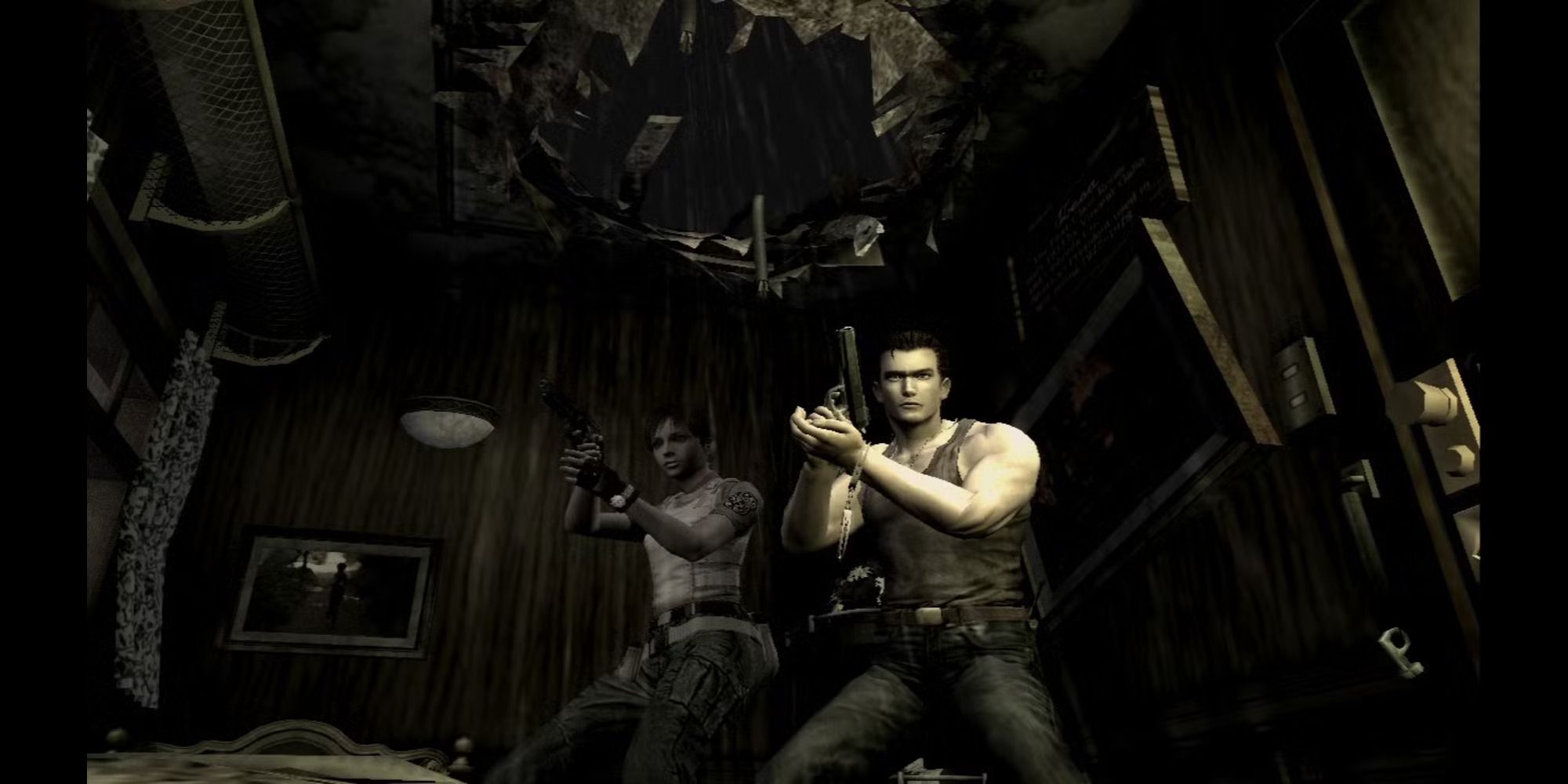
Capcom, not new to the genre, ventured into a light gun spin-off with Resident Evil: The Umbrella Chronicles on the Wii. The game took a significant departure from its survival horror roots, opting for a more arcade-like experience that failed to capture the essence of what made Resident Evil captivating.
The gameplay felt too simplistic, removing the tension and strategic planning required in previous titles. Such a drastic shift resulted in a title that didn’t resonate well with longtime fans. Fortunately, subsequent editions of Resident Evil would later return to form with advancements in VR technology.
5 Uncharted: Fight For Fortune
Uncarded
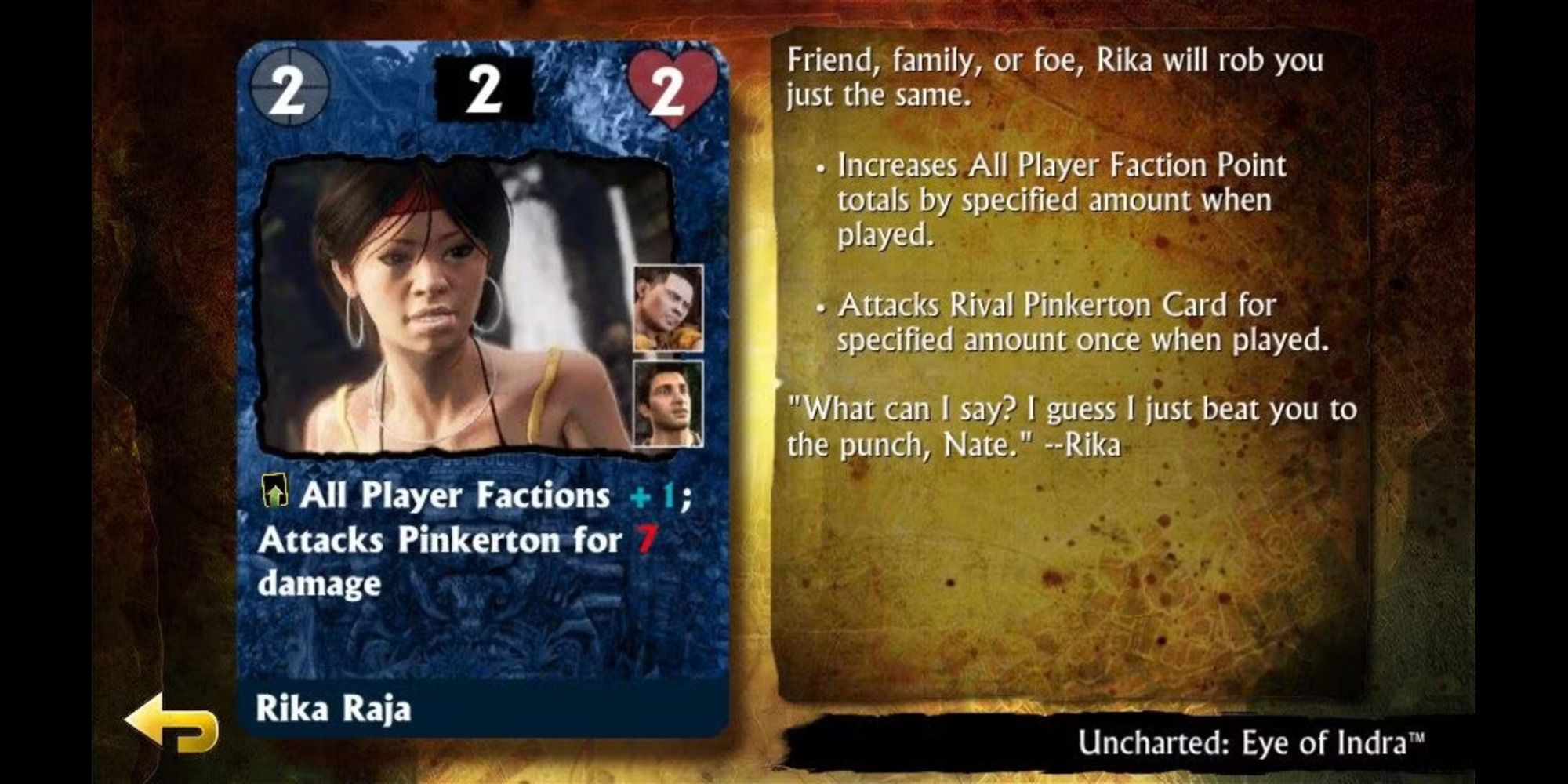
When gaming enthusiasts think of Uncharted, they envision action-packed sequences, witty banter, and stunning visuals. However, Sony’s decision to transform this beloved franchise into a card game was perplexing at best.
While the card game market has produced successful titles inspired by action-packed narratives, such as Gwent, Uncharted: Fight for Fortune lacked engaging mechanics. The game felt far too simplistic, and its single-player mode was disappointingly sparse, further compounded by the introduction of paid DLC.
4 Dragon Ball: Ultimate Tenkaichi
Give Up Control
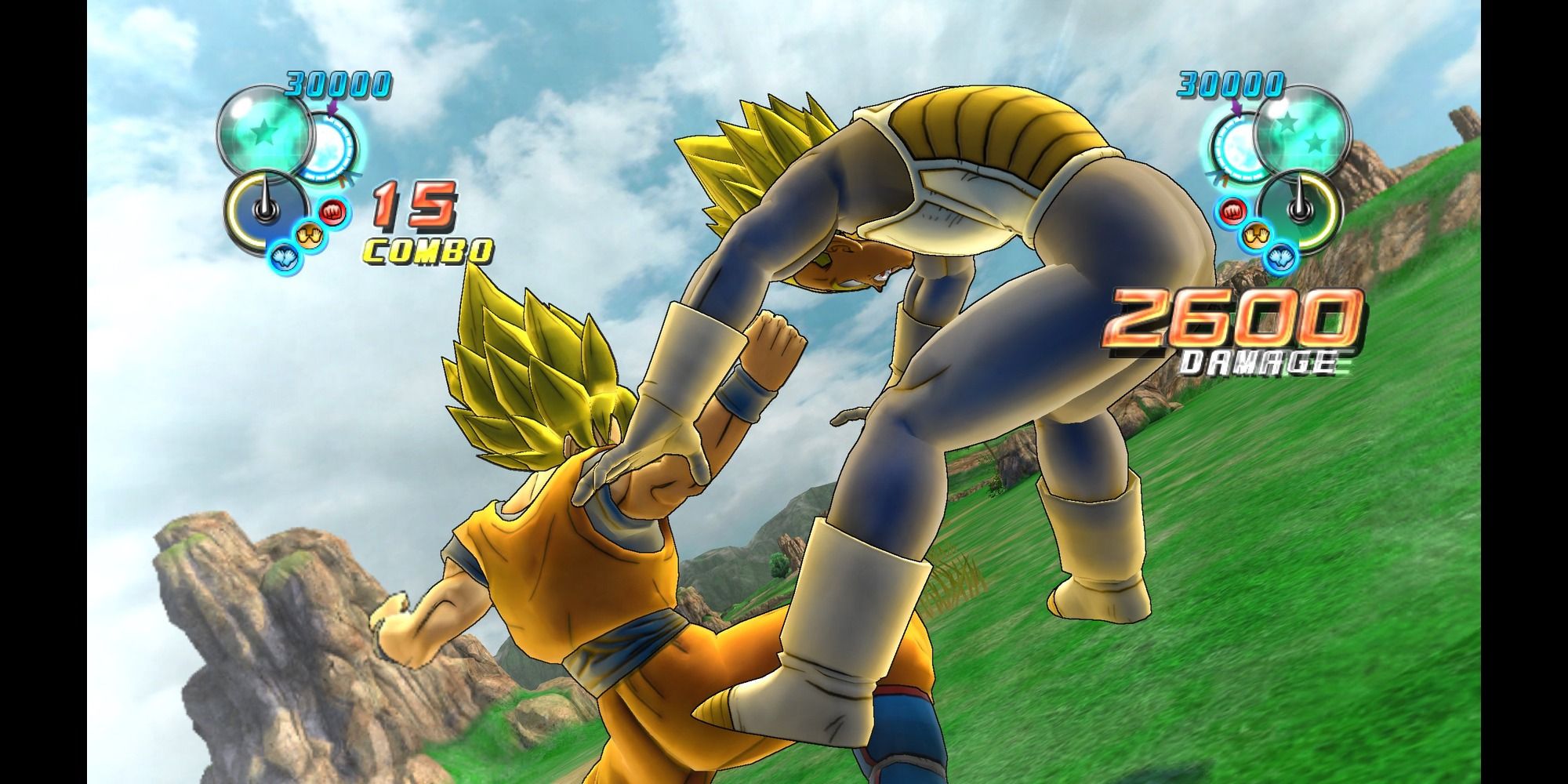
The expansive Dragon Ball Z franchise has seen numerous video game adaptations, yet none resonated quite like the Budokai Tenkaichi series. When Dragon Ball Z: Ultimate Tenkaichi was released in 2011, hopes were high for a continuation of that legacy.
Unfortunately, Ultimate Tenkaichi diverged significantly from its predecessor, leaning heavily on quicktime events and simplified combat mechanics, sacrificing the series’ depth for a more cinematic experience. Players quickly found themselves mere spectators, questioning the need for such a direction in gameplay.
3 Bomberman: Act Zero
Bomberman Grows Up and Sucks

Similar to Shadow the Hedgehog, Bomberman: Act Zero fell victim to the edgy trends of the mid-2000s. This spin-off discarded the vibrant visuals of its predecessors, opting instead for a grim aesthetic that did not align with the franchise’s roots.
The gameplay remained largely unchanged, but the stark visual degradation detracted from the experience, leading to disappointing reviews and poor sales. The attempt to introduce a serious narrative only added to the lack of appeal, resulting in a lackluster entry in a once-beloved series.
2 Metal Gear Survive
How To Kill A Franchise
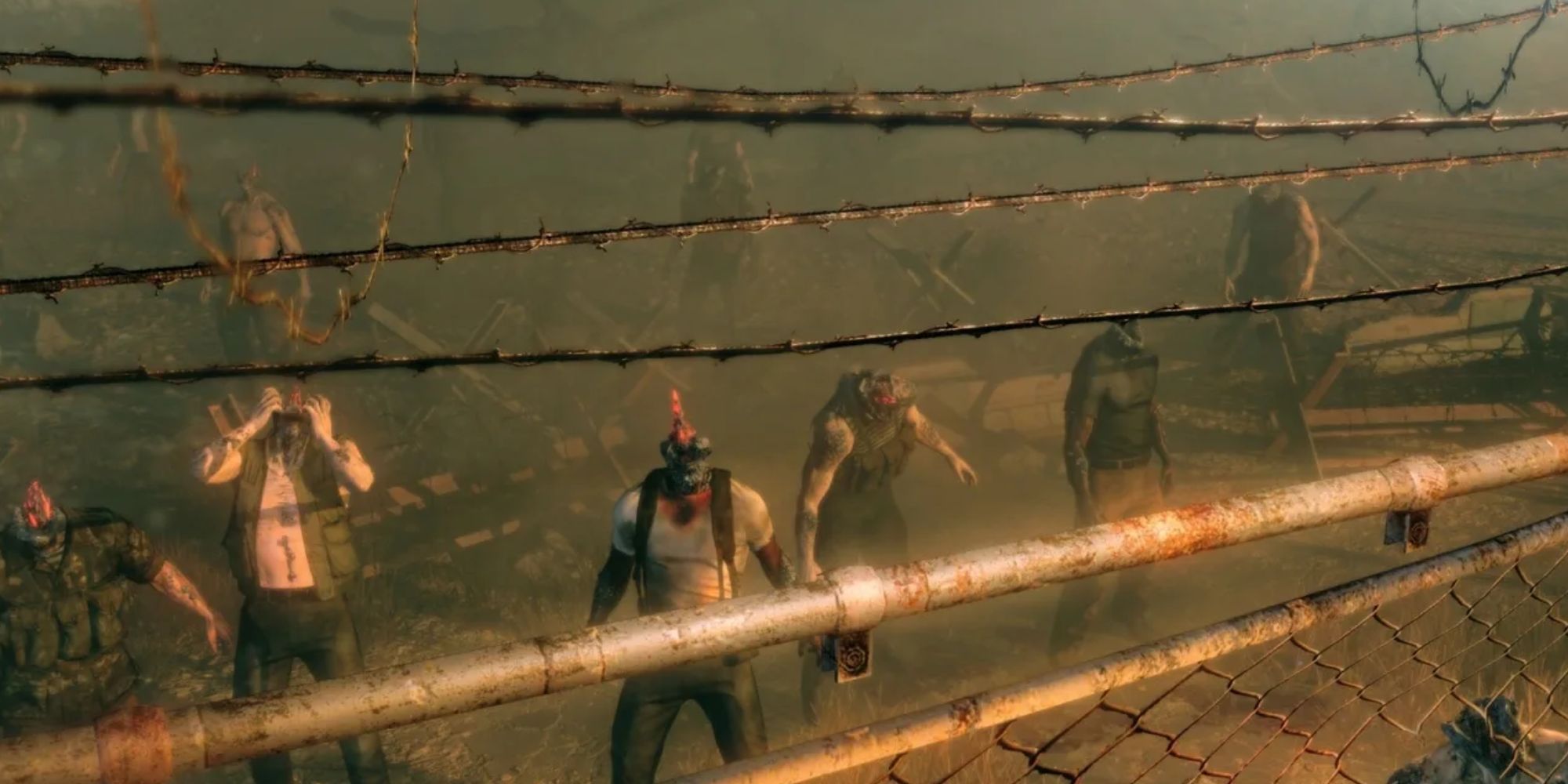
Metal Gear Survive is often regarded as a blemish on the Metal Gear franchise. Following the fallout with Hideo Kojima, Konami introduced a game that strayed far from the clever storytelling and engaging gameplay that defined the series.
Instead of witty narratives and thrilling missions, players face a survival game that pales in comparison to its competitors. While it utilized the same engine as Metal Gear Solid V, the game struggled to engage players with repetitive mechanics, leaving much to be desired in terms of both story and gameplay innovation.
1 Left Alive
Not How You Bring Back a Classic
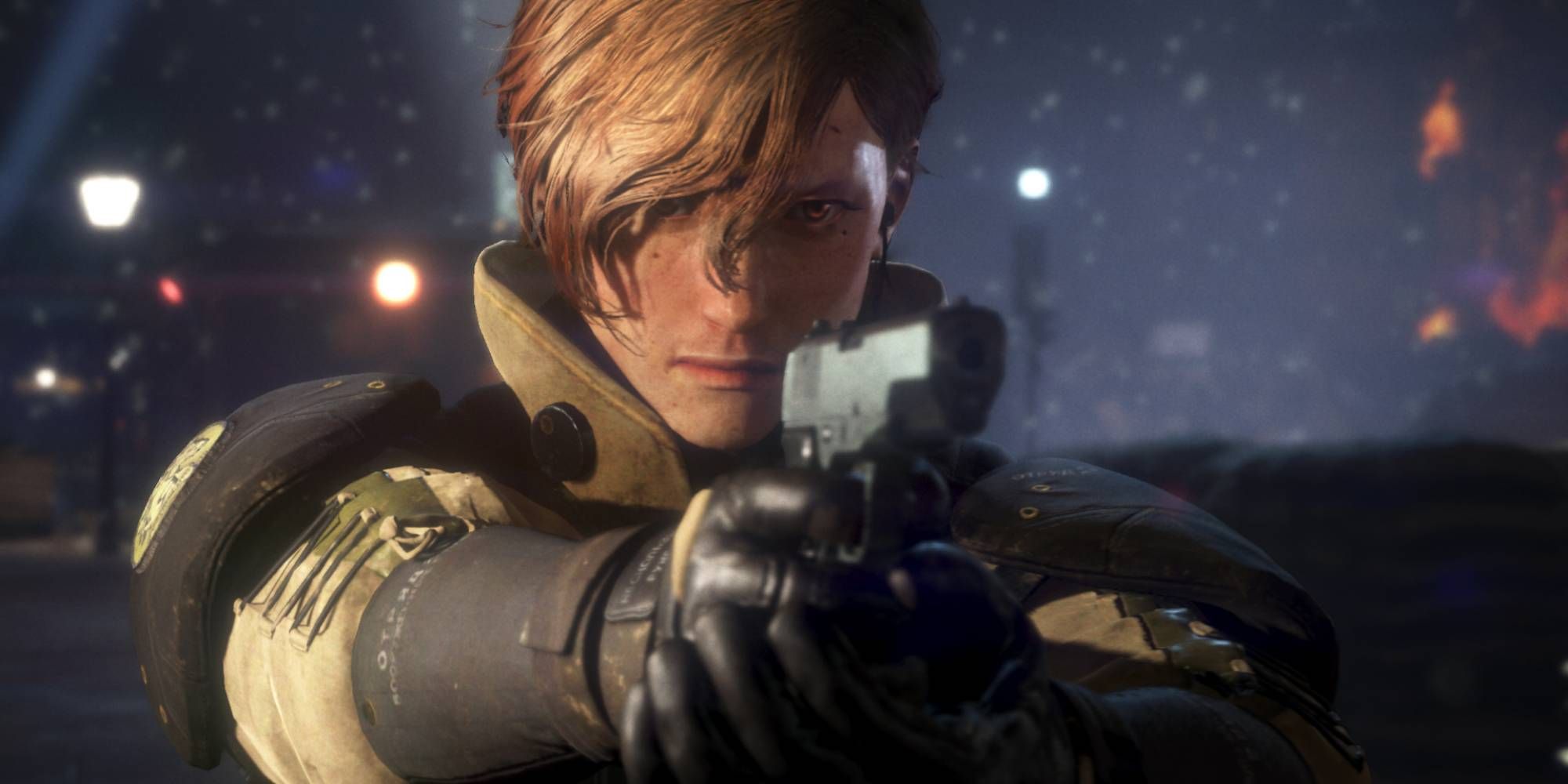
In terms of critical acclaim, Left Alive struggles to secure a solid footing. As a spin-off from the obscure Front Mission series, it didn’t capitalize on the elements that fans cherished about the original franchises.
Gameplay mechanics appeared derivative, mimicking other titles without bringing anything fresh to the table. Although it features varied perspectives and mechanics involving stealth and mechs, the execution often resulted in clunky interactions, leaving players yearning for the depth typically found in the genre.
If you’re seeking a stealth-based experience, Left Alive might be tolerable due to the lack of competition in the genre, but ultimately, it does not meet the standards that discerning gamers expect.




Leave a Reply